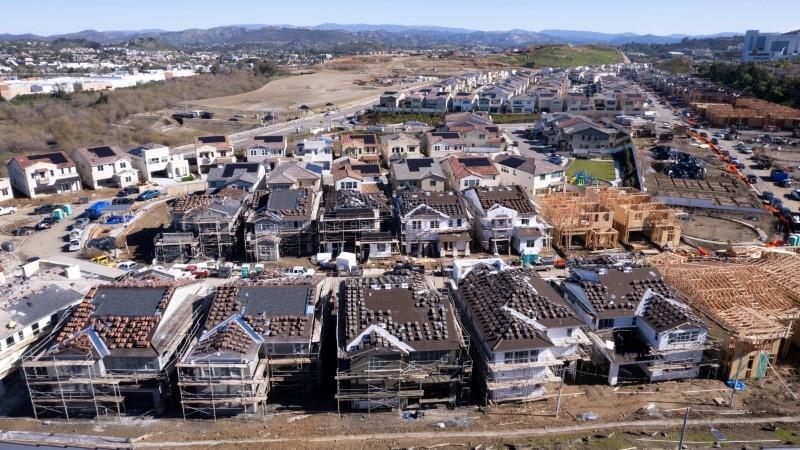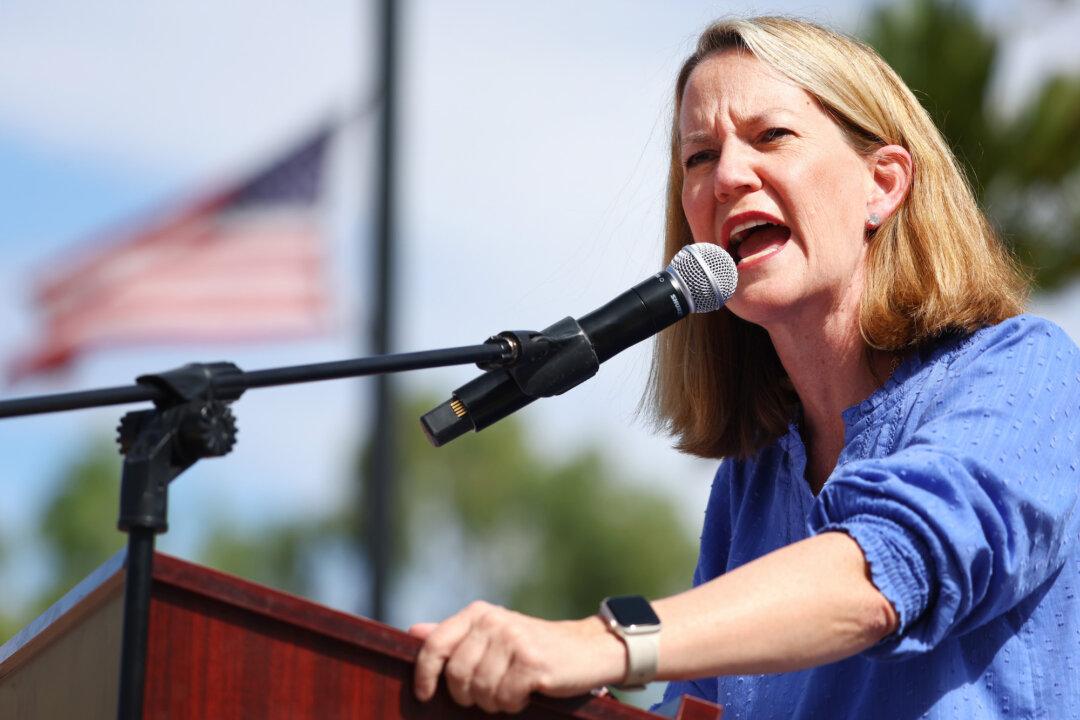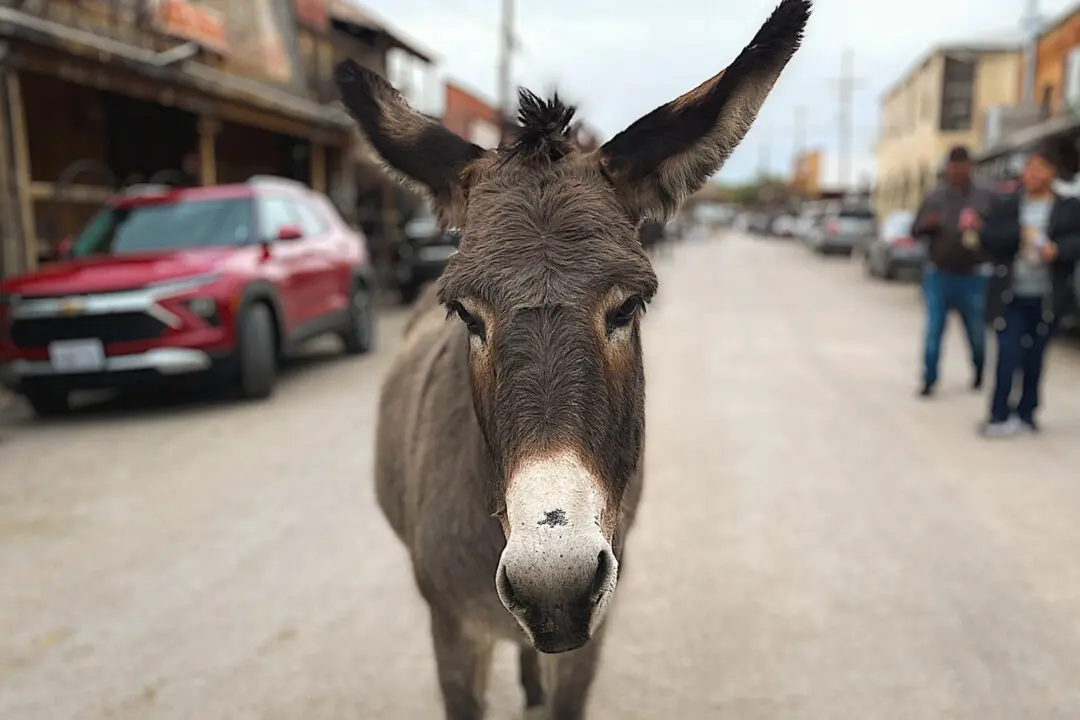LINCOLN, Calif.—As one of Northern California’s rapidly growing suburban communities, the city of Lincoln still relies on its mom-and-pop businesses for economic strength.
Many of these small, often family-owned businesses focus on local markets and primarily source their products and supplies from the surrounding community.





